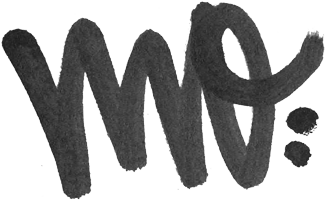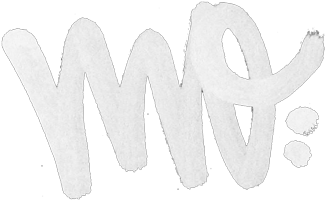Unchained
Freedom, letting go and the breaking of “chains” are attitudes that are often associated with young people who are keen to experiment. Looking at agriculture and viticulture, we see that such attributes are rarely mentioned. After all, these cultural techniques are massively influenced by human hand, whether it concerns vine training systems, the cultivation of the soils, plant protection or, finally, vinification. Constraints and “chains” all over the place, often aided and nurtured by a systematic treatment industry. Nature – which after all produces the fruit to be fermented – is constantly being steered in “desired” directions. Yes, steering by humans is often unavoidable, but it should be done in harmony with a healthy environment and not in defiance of it. Nowadays people like to optimize until “system” is the only thing that remains of “ecosystem”. No natural balance whatsoever, we let medicine treat the symptoms caused by a previous medicine.
When we compare today’s “modern” economy and working methods with the methods of our grandparents, the difference becomes clearly visible. Maybe grandpa and grandma couldn’t help it, but they did treat their resources with more respect and in a way that they would be preserved for the next generation. A clever farmer always thinks about the future. So how can a wine grower (in the literal, “farming” sense of the word) treat his vines, soils and the nature (meaning flora and fauna) which makes all living possible in such a way that it can be “unchained” from too many manipulations and interventions? Can he reduce those interventions, support the natural balance and observe the annual cycles of nature instead of influencing them? Should we not take a look back into the past in order to remain fit for the future?
Work and let live
Due to current massive human interventions in nature, the winegrower is needed more than ever. This may sound absurd, but he should contribute to a development that makes him less and less necessary in the ecosystem. The more nature can help itself, the less intervention will be needed, the more balanced the cycles of nature will be. Translated into the vineyard, it’s to say that the vine is enabled to find its own balance and the winegrower leaves it alone as much as possible. Certainly: viticulture will never be possible without our help. But we should strive towards this, work and act accordingly. For me, there’s a signpost on my path and it reads “Biodynamics”.
Glaubendorf = Locusfidei
Glaubendorf („Locus Fidei“): 48°30′ N, 15.°57′ E, 481 inhabitants. In concrete terms, this tranquil village is located in the western part of the Weinviertel, the northernmost wine region in Austria, at the geographical intersection of the Manhartsberg and the Danube. Only a stone’s throw away from neighbouring Wagram, its vines grow on the same loess soils and also the climate is similar, with cold winters and warm, dry summers. Nature sets the rules. Temperature, rain, sun, wind, humidity, the soil and the life in it, the flora and fauna in the vineyards and around them: these factors shape the realities of the terroir.

